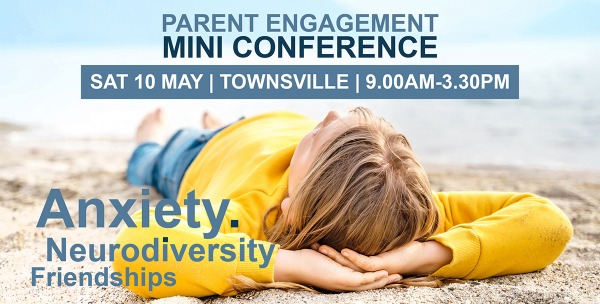Running a meeting
Here you can find a variety of templates you may find useful for your P&F meetings. Click here for Templates for P&F Meetings.
You can use these as they are or amend them to suit your particular needs. Templates are included for:
- requests for items to be put on the agenda
- Reports
- Minutes (several options)
- Agenda (several options)
Please let us know if you find these useful.
Ground rules for meetings
Ground rules can help the meeting run smoothly and achieve its aims. Ground rules should be discussed and agreed at the first meeting and everyone should be aware of them. Ground rules that have been agreed, give the chair additional authority and confidence to manage the meeting process for the benefit of everyone at the meeting.
Your ground rules might include:
- Have an agenda and stick to it
- Advertise meeting times widely. Everyone in the community should know when meetings are on.
- Start meetings on time
- Finish meetings on time
- Be supportive and constructive – contribute and work as a team
- Listen to others and be respectful always
- Say your piece respectfully
- Differences of opinion are normal. Talk about the issues and don’t get personal.
- Don’t bring up issues about individual parents, students or teachers at open meetings. These things need to be dealt with privately.
Meeting agenda
An agenda must be prepared for each meeting and the meeting must follow that agenda. The agenda should be prepared by the Secretary in consultation with the President and the Principal.
Meeting procedure
Meeting procedure is important to ensure orderly behaviour. In this context, a good chairperson's main objective should be to gain the widest possible participation in discussion by those present to facilitate consensus decisions.
Consensus implies:
- All agree to express views and express feelings - silence blocks good communication;
- All agree to listen to one another before pressing own point of view;
- Each person has an equal opportunity to participate and to influence the outcome;
- Time is available to consider options, opinions and consequences and does not become a coercive element;
- All are committed to discovering the "sense of group". This does not mean total agreement or unanimity. Consensus occurs when alternatives have been discussed thoroughly by the group and everyone is prepared to accept that, in the circumstances, one particular solution is the best way forward for the good of the whole, even though it might not be every person's preferred solution. Consensus means that all are prepared to act as though it is their preferred solution;
- The principles of "shared wisdom" are:
i) No one has all the wisdom;
ii) Everyone has a different piece of the wisdom;
iii) Everyone has some of the wisdom - with a responsibility to share same; - Willingness of members to "live with" a particular decision at a particular time.
"My Spirit will be with you always To each the Lord gives a piece of wisdom; To no-one does He give all the wisdom of God; We all get different pieces."
Meeting procedure drawn from parliamentary rules of debate has been proven by experience to be an efficient way of conducting business. If decisions cannot reasonably be arrived at then this process of voting may be used.
Voting is a "bottom line option" when consensus cannot be achieved. Only members, or substitute members, actually present at the meeting may vote.















